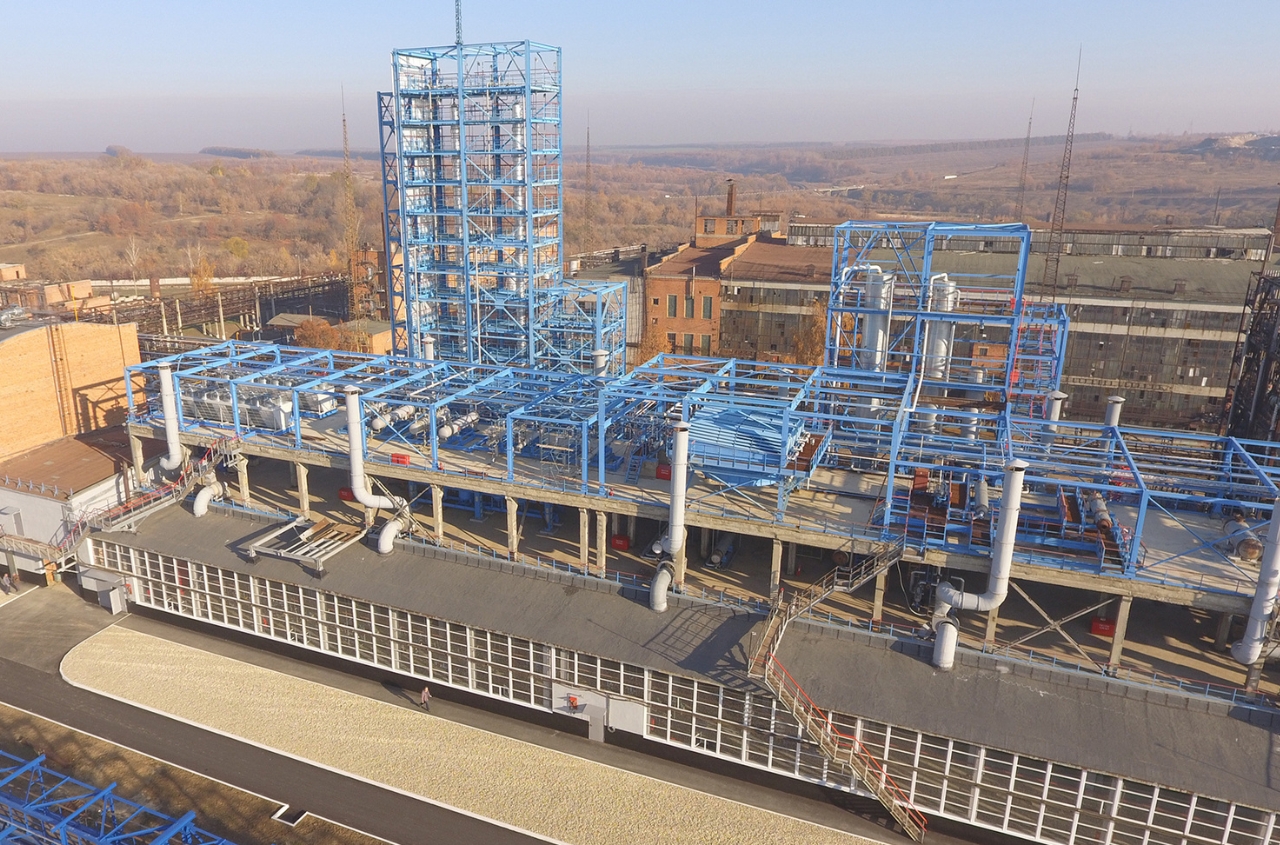The German Ministry of Economy has granted Donauhstal GmbH a license, under strict conditions, for the production and export of the Adaptive Roaming Combat Platform (ALMP) "MAUS" and quick-release systems for PG7(S) warheads, in accordance with § 2-3 KrWaffKontrG.
This was announced by the company.
The first customer for these drones is the special forces unit of the Ministry of Defense KRAKEN.
MAUS is NATO's first industrially produced FPV drone. The platform is fully modular, economically efficient, reliable, and easy to use, even for minimally trained operators, as reported by Army Recognition.
MAUS is an extremely versatile quadcopter designed for quick reconfiguration for various mission types, from surveillance and bombing to kamikaze missions. Typically, MAUS carries payloads up to 2.7 kg, sufficient for transporting RPG rockets with a reduced range of about 7 km. Additionally, the drone is equipped with a high-resolution camera capable of providing clear real-time battlefield imagery.
MAUS has a service life of 5-6 missions during bombing before being converted into an FPV drone for kamikaze missions. Its modularity is greatly simplified by a straightforward mounting system that is user-accessible and requires no extensive training.
Moreover, MAUS does not have specific ordnance in its FPV configurations; only the mounting support is adapted to the shape of the ordnance. For example, if a country has large stocks of old RPG rockets, MAUS can easily adapt to them. If the next client uses LRAC rockets of the French type instead, this is not a problem as the mounting can be created very quickly.



















